
Video Insights
Advertisement
Pirtobrutinib, CAR T, and bispecifics are reshaping CLL care for high-risk, relapsed patients with limited options.
BTK inhibitor safety: New analysis shows less hypertension risk with acalabrutinib or zanubrutinib vs ibrutinib in CLL.
Josie Ford, of Mass General Hospital, shared real-world efficacy and safety data on duvelisib and romidepsin in PTCL.
Dr. Idoroenyi Amanam explains why luspatercept offers new hope for patients with low-risk myelodysplastic syndromes.
Immunotherapy is reshaping ALL care, and short blinatumomab use may boost outcomes and reduce chemo-related toxicity.
The phase 1/2 study's safety and efficacy data on bexmarilimab plus azacitidine for high-risk MDS are promising.
Advertisement
Dr. O’Brien described the safety and efficacy of zanubrutinib and the benefits of combining the drug with other agents.
Dr. Susan Bal unpacks the promise of GPRC5D CAR T therapy in relapsed/refractory multiple myeloma.
Should interim PET scans still guide Hodgkin lymphoma treatment? Experts debate imaging, SUV changes and biopsy use in HL.
At 5 years, 33% of patients with myeloma receiving cilta-cel in the CARTITUDE-1 trial are alive and disease free.
Experts discuss T-cell lymphoma care, new therapies, transplant timing, and the role of NGS in treatment decisions.
The phase 3 SURPASS-ET trial presented at ASCO evaluated ropeginterferon alfa-2b versus anagrelide for the treatment of ET.
Expert insights from a HemOnc Pulse Live! session offer a compelling look at where CML and MPN care is headed.
How have TKIs transformed CML survival and what’s next for treatment-free remission and deeper MPN responses?
Dr. Andorsky discusses CML dose escalation, treatment discontinuation, and unmet needs in leukemia care.
100% MRD-negative CR in Ph+ ALL? Dr. Catherine Lai recaps standout abstracts from an ASCO rapid oral session.
Dr. Tam reviews 5-year data from SEQUOIA showing strong efficacy of zanubrutinib in older CLL patients with 17p deletion.
Dr. Frederick Locke discussed the ZUMA-7 trial of axi-cel versus standard of care for patients with relapsed/refractory LBCL.
Experts debate frontline CLL therapy—time-limited combos vs long-term BTKi—and the role of MRD in treatment decisions.
Ryan Jacobs, MD discusses 2025 CLL treatment advances, including BTK/BCL-2 combos, resistance, and time-defined strategies.


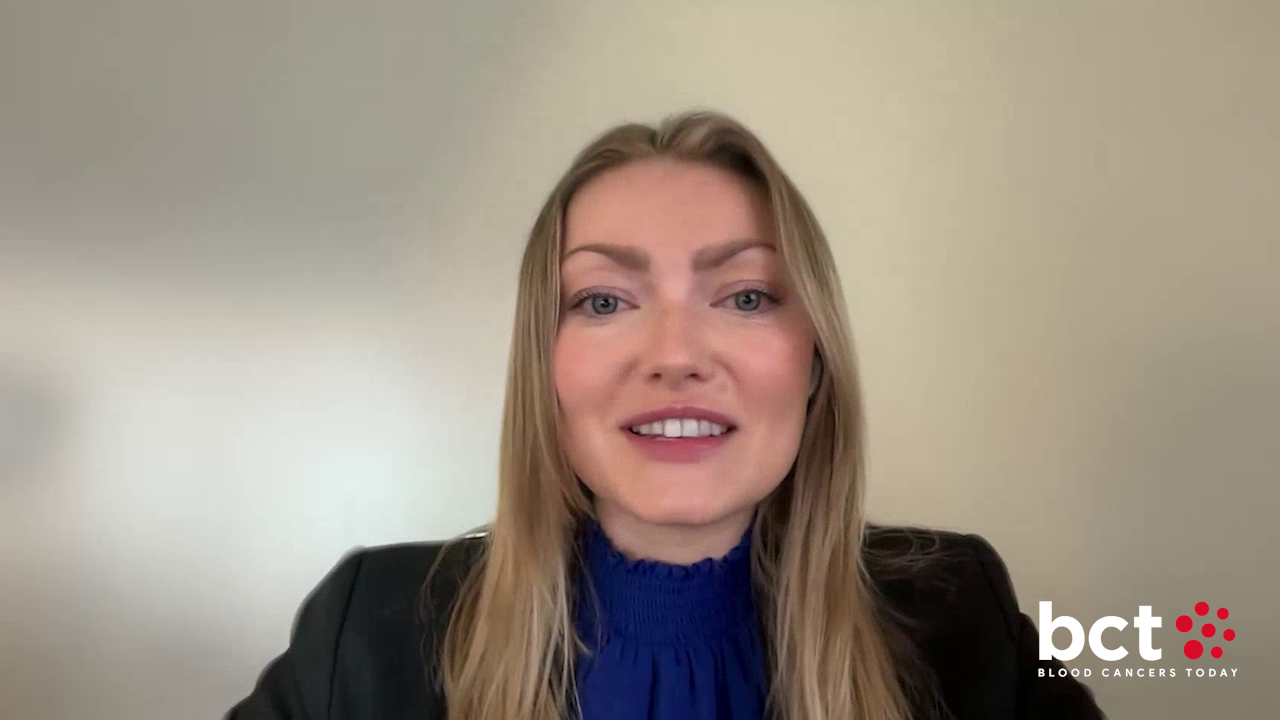

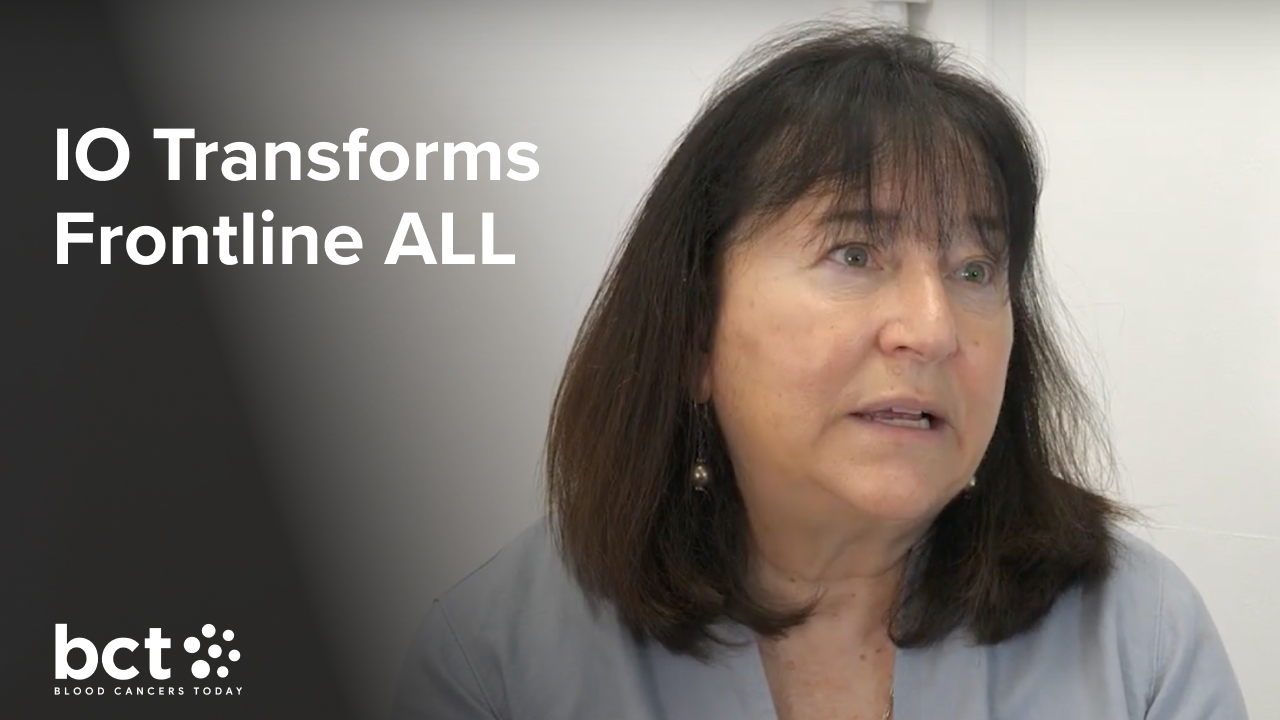
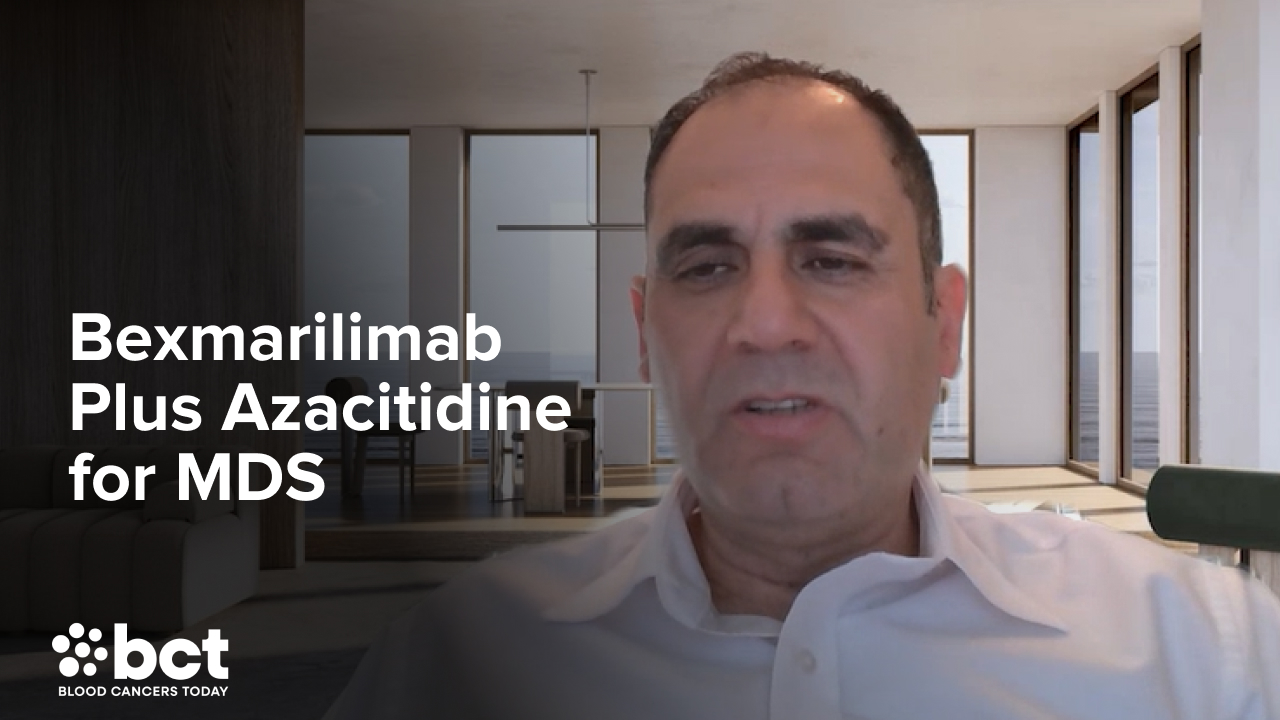
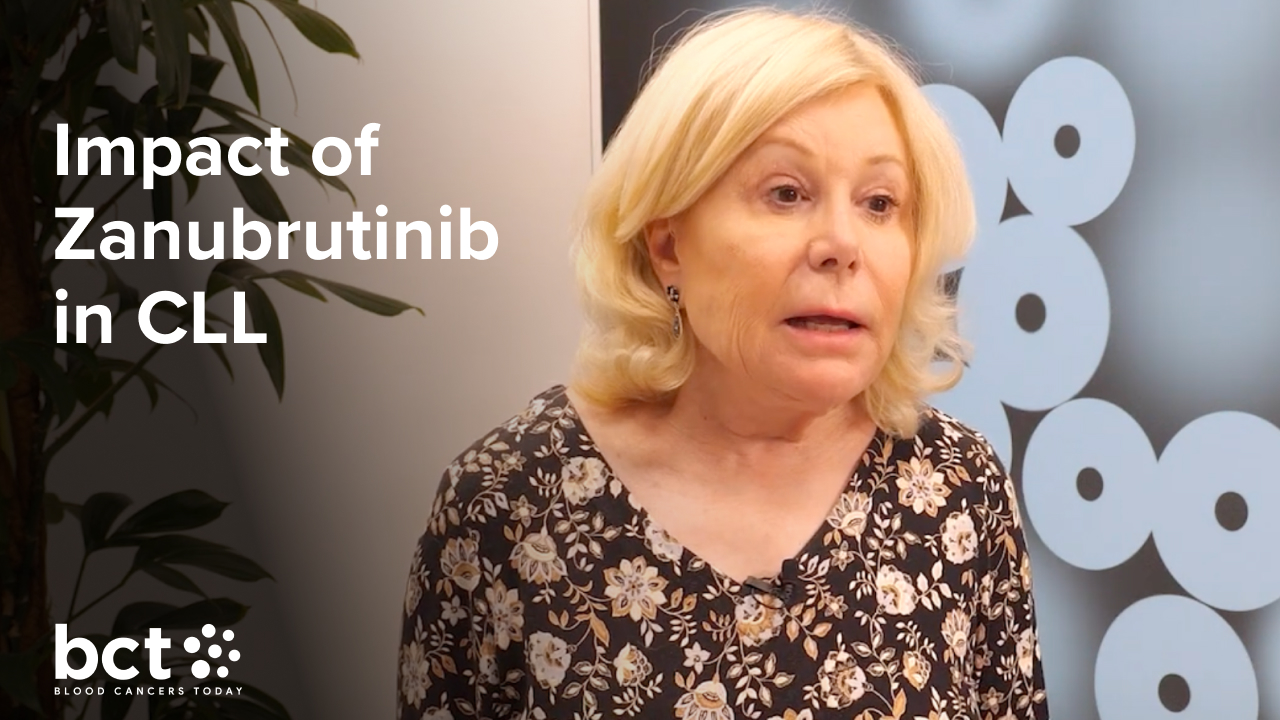
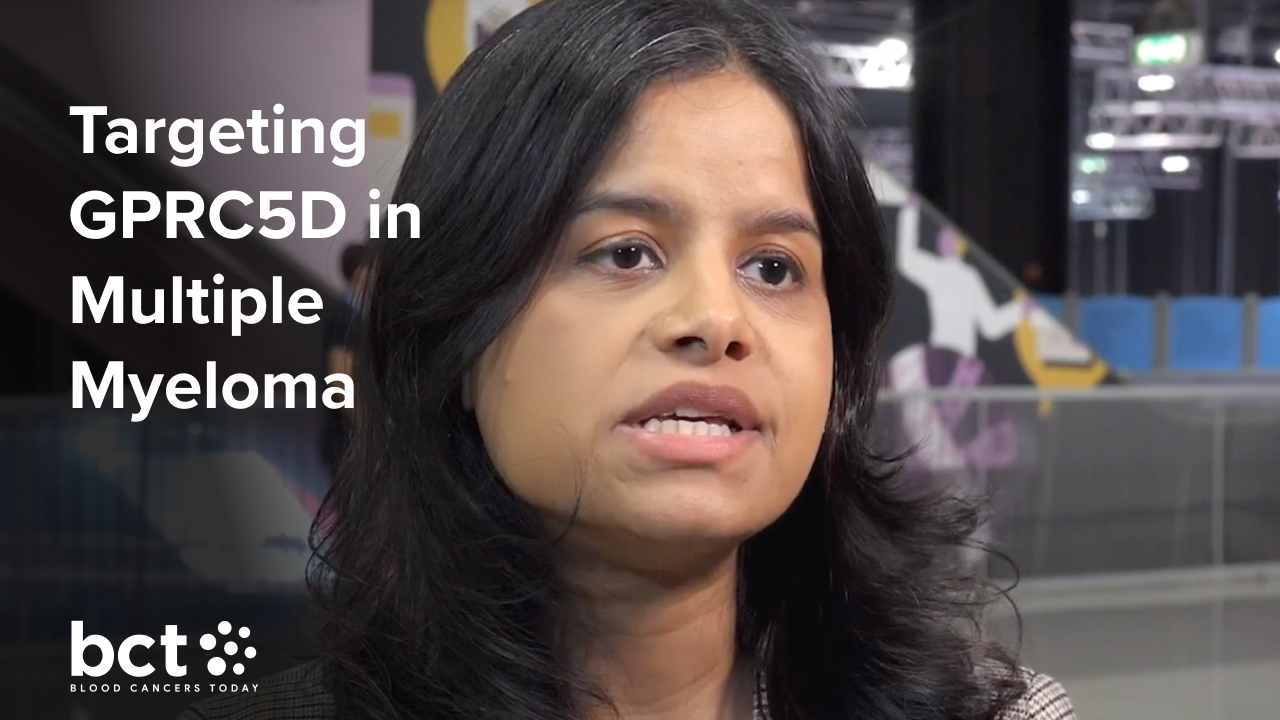
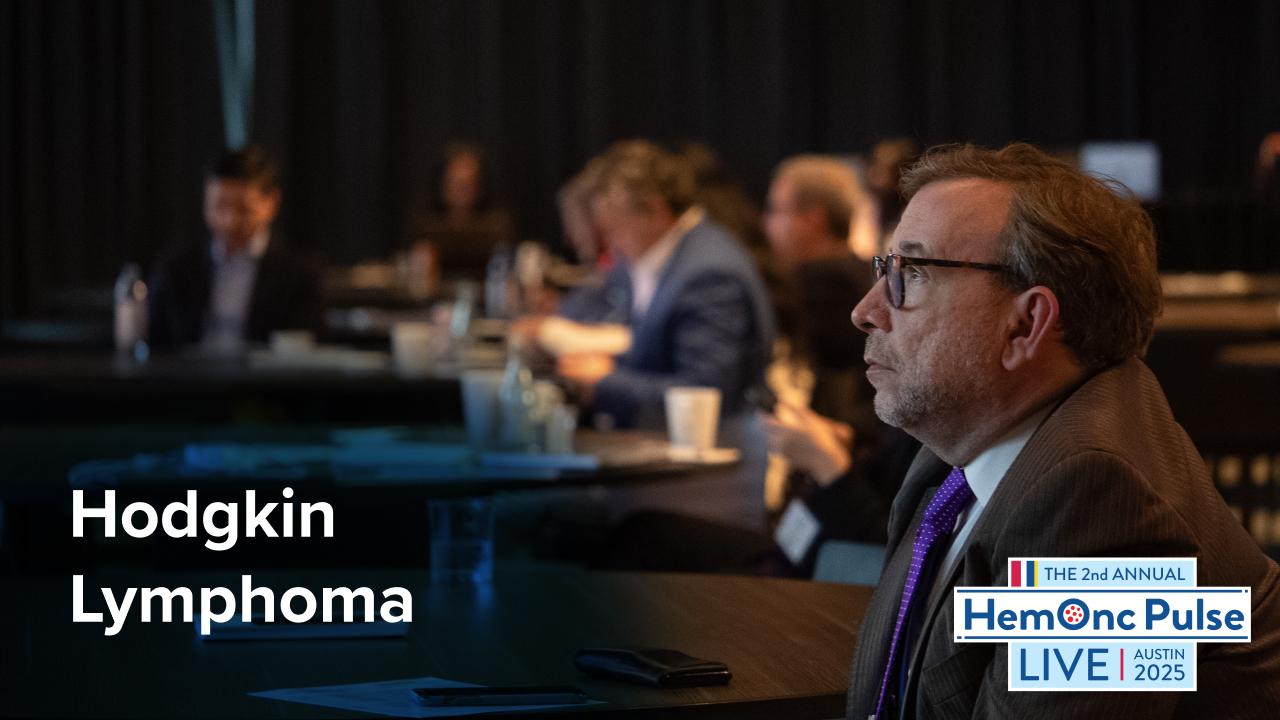
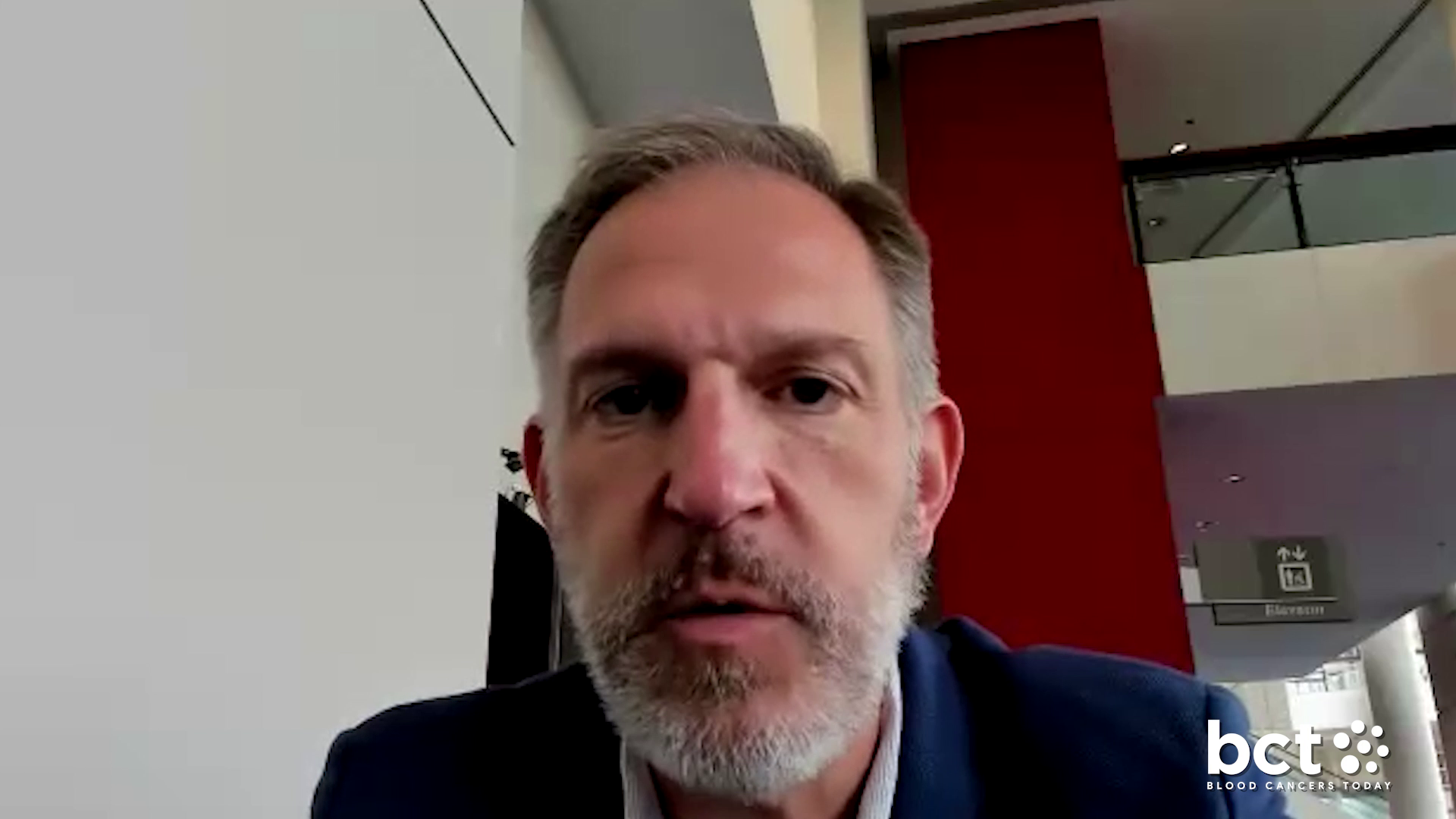
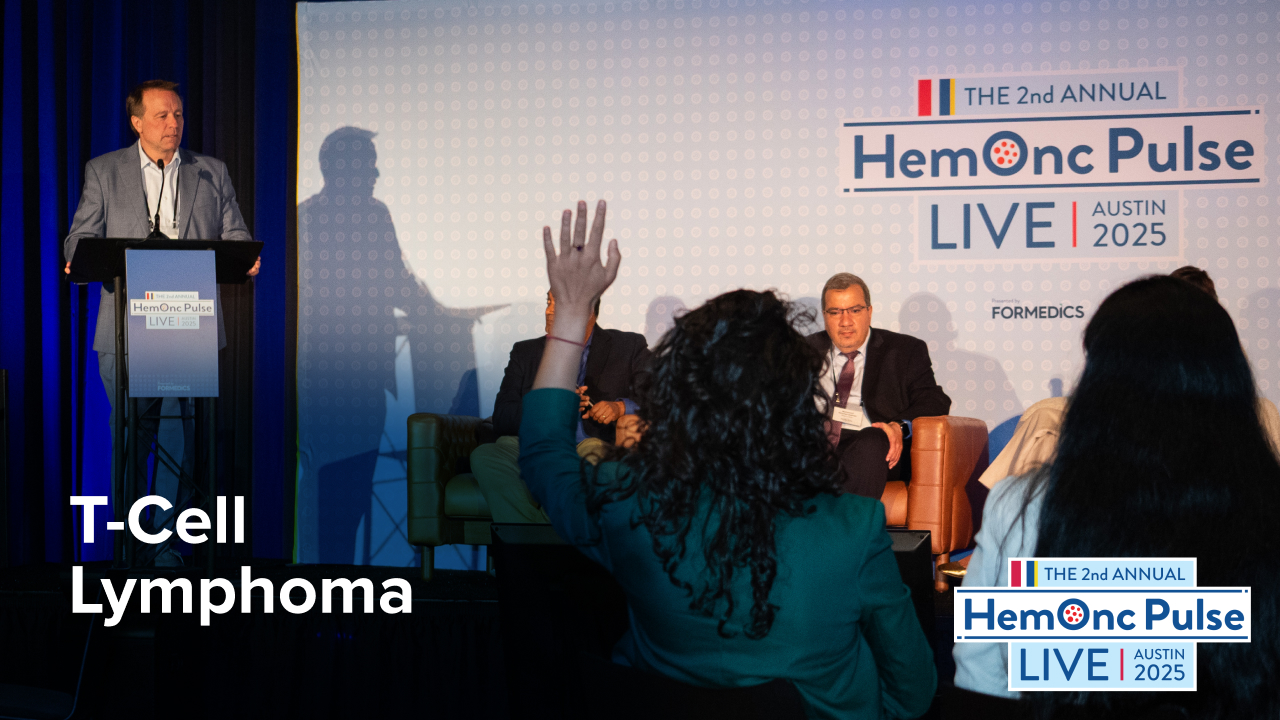
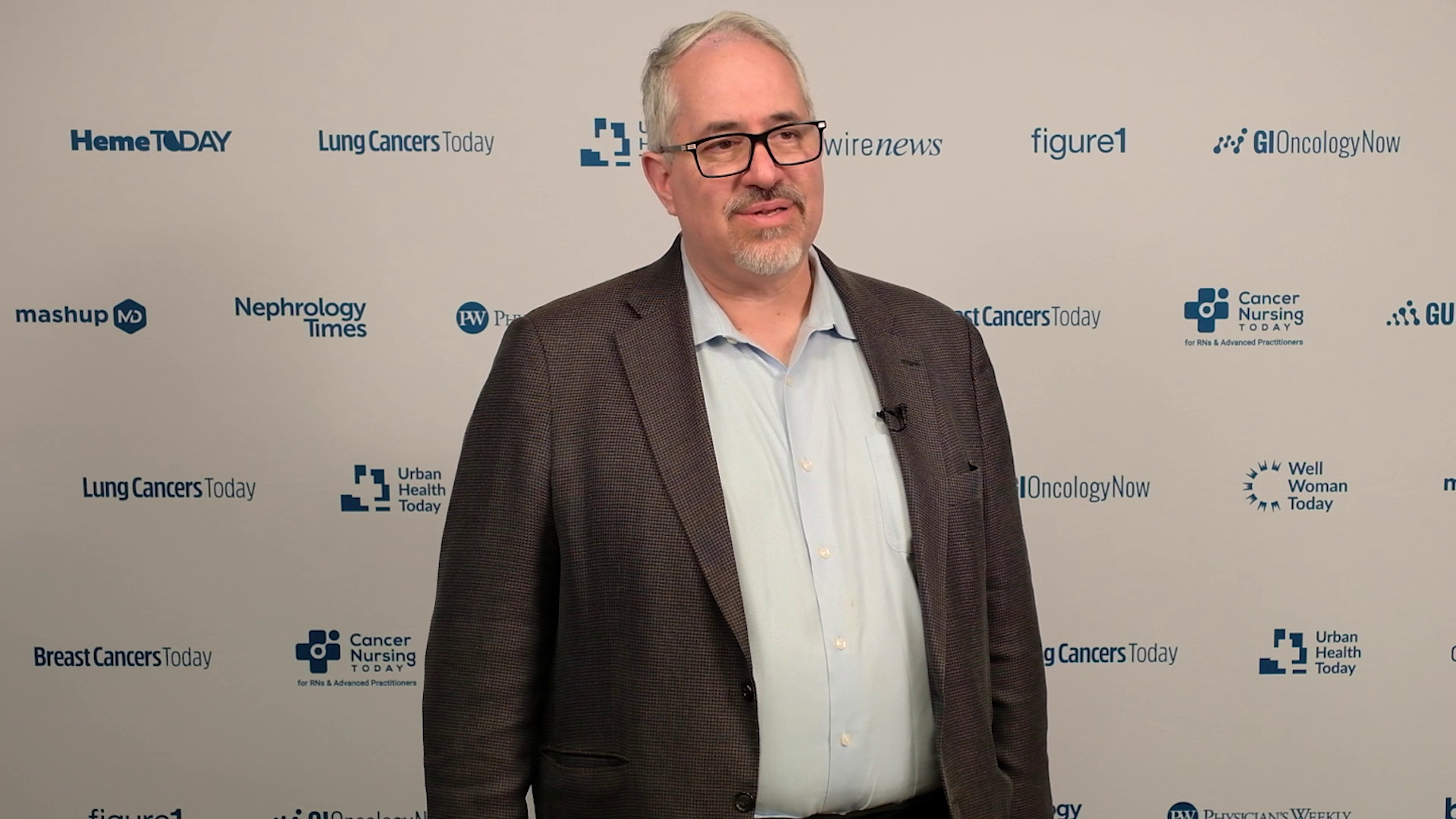
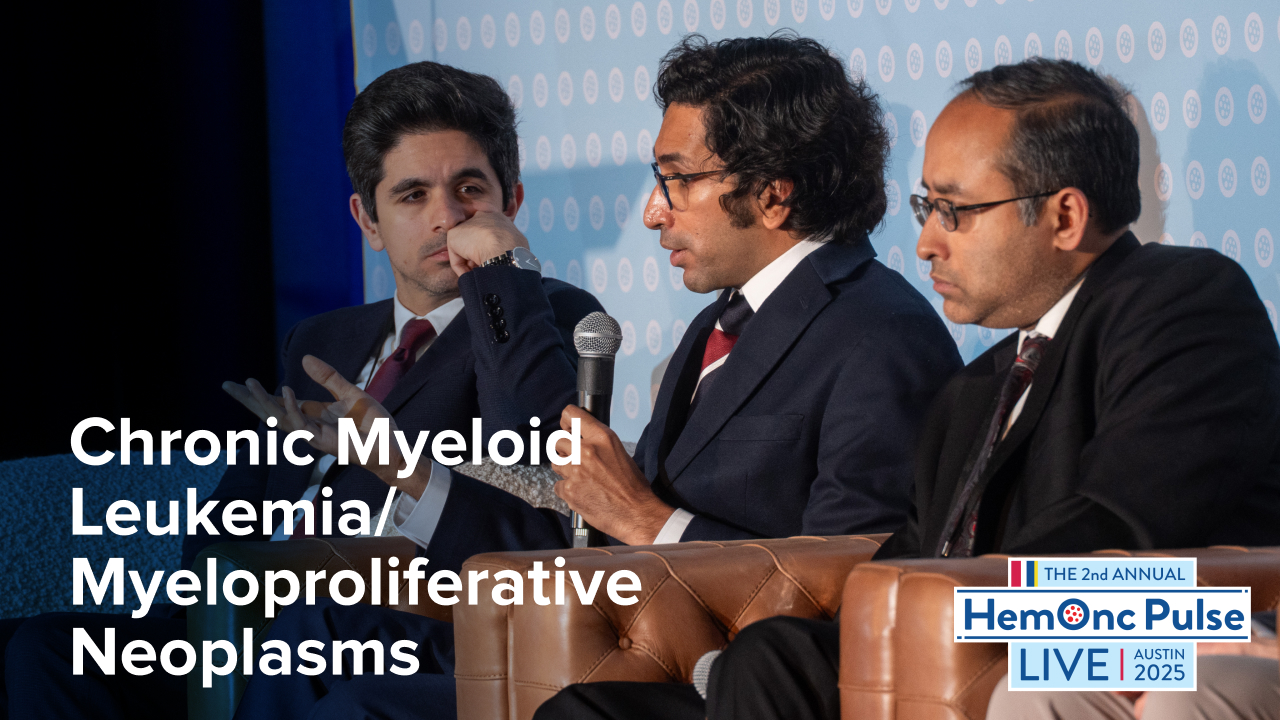
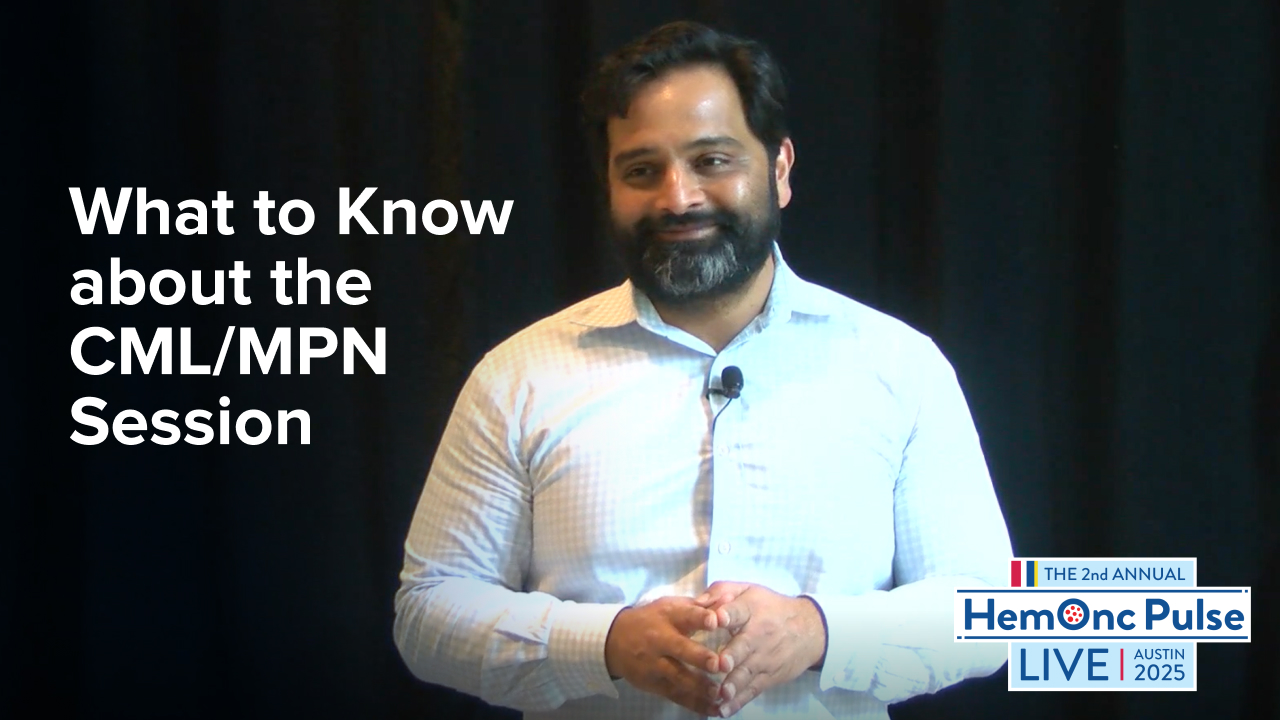
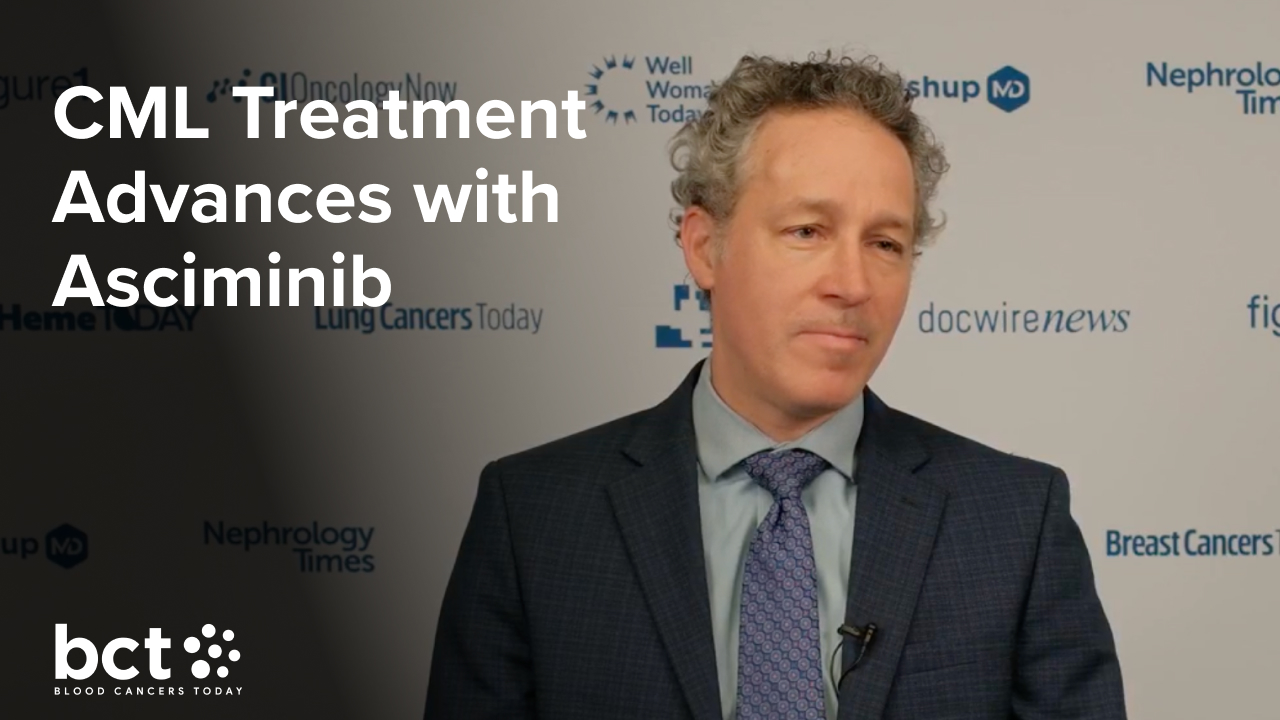
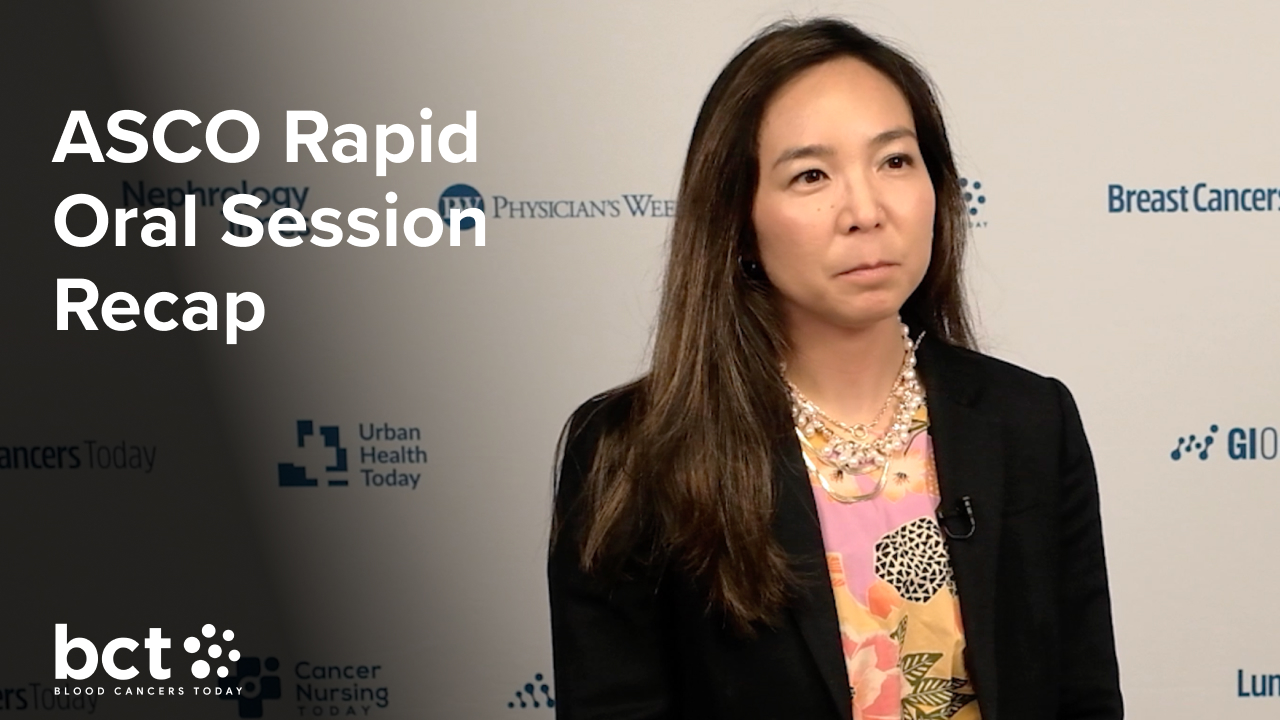
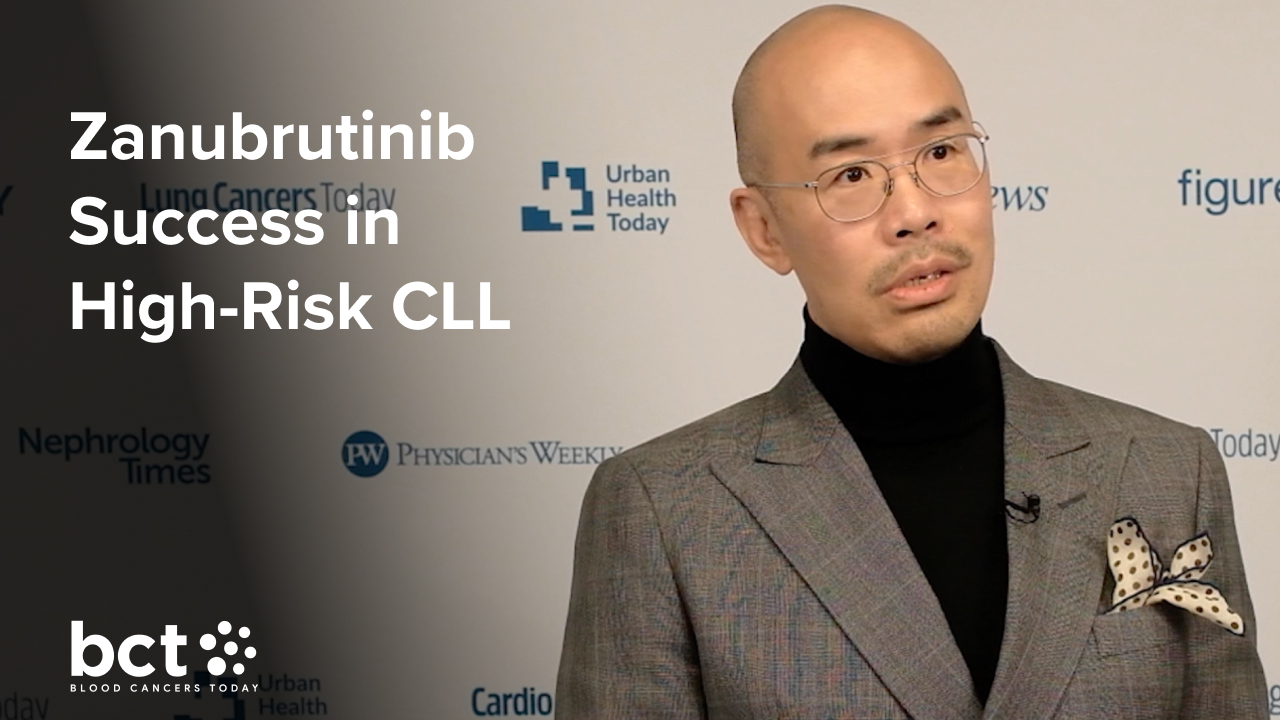
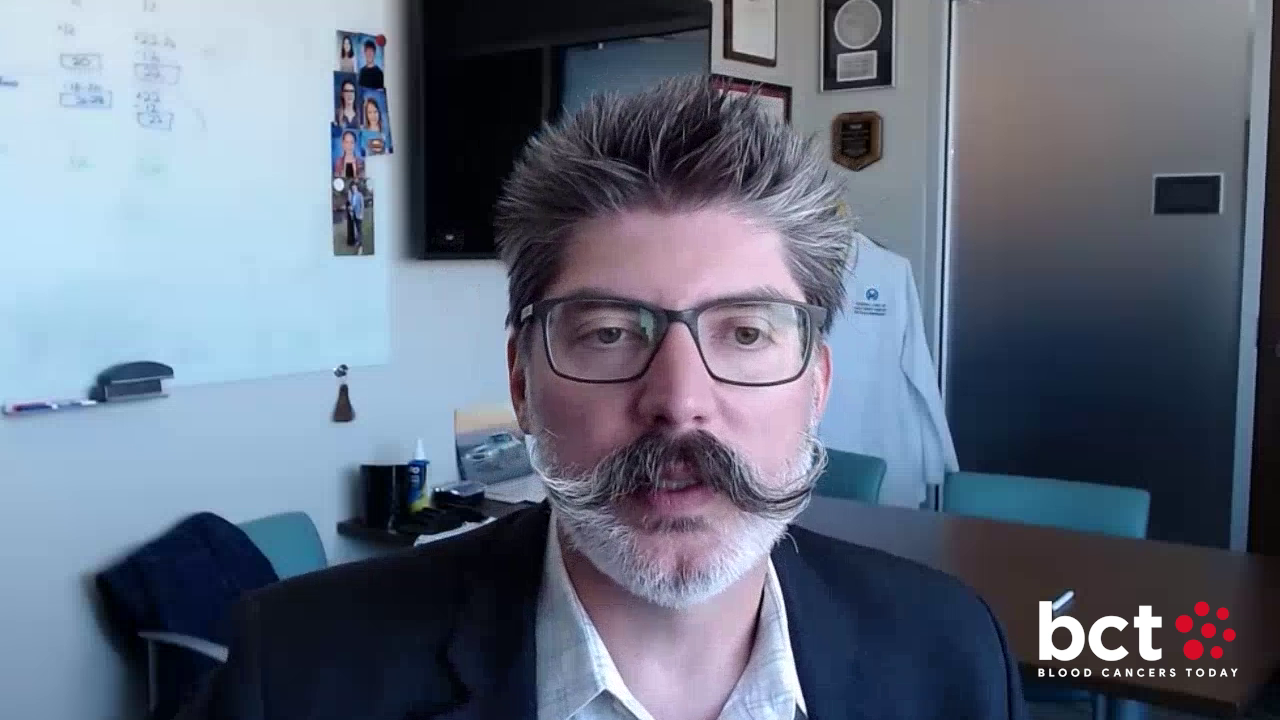
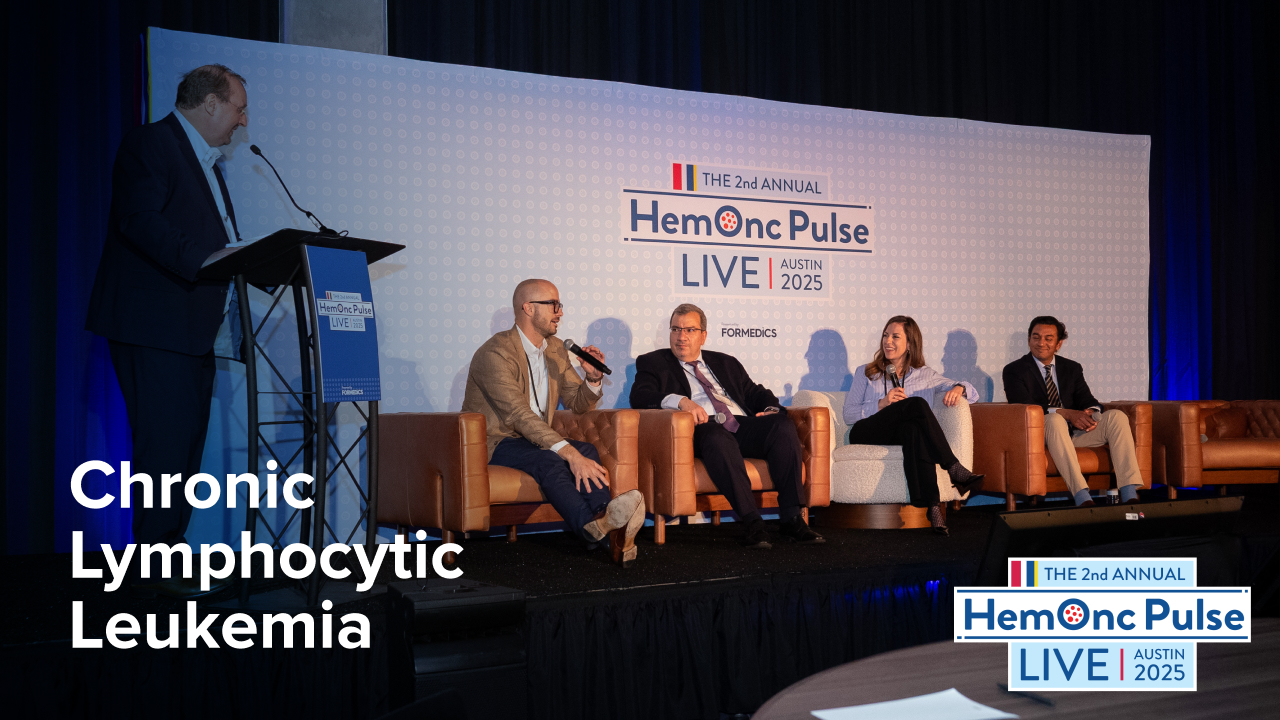
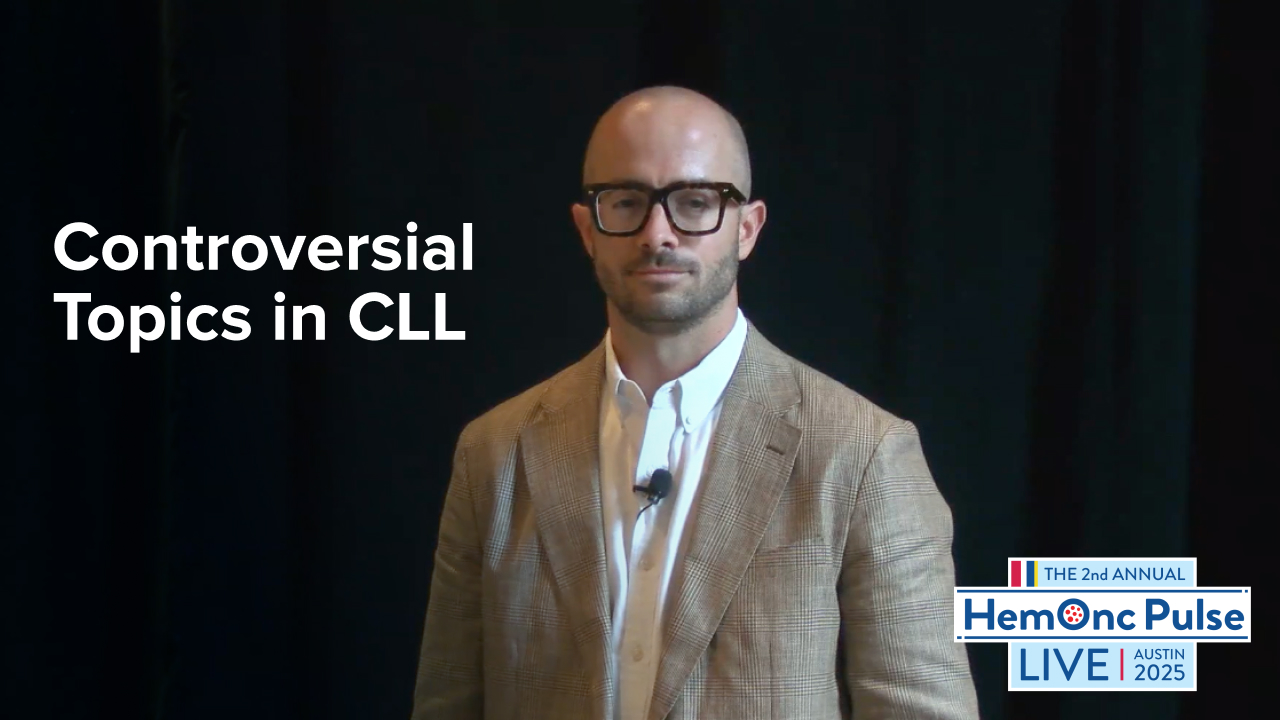
 © 2025 Mashup Media, LLC, a Formedics Property. All Rights Reserved.
© 2025 Mashup Media, LLC, a Formedics Property. All Rights Reserved.